Author: Julius Malin
-
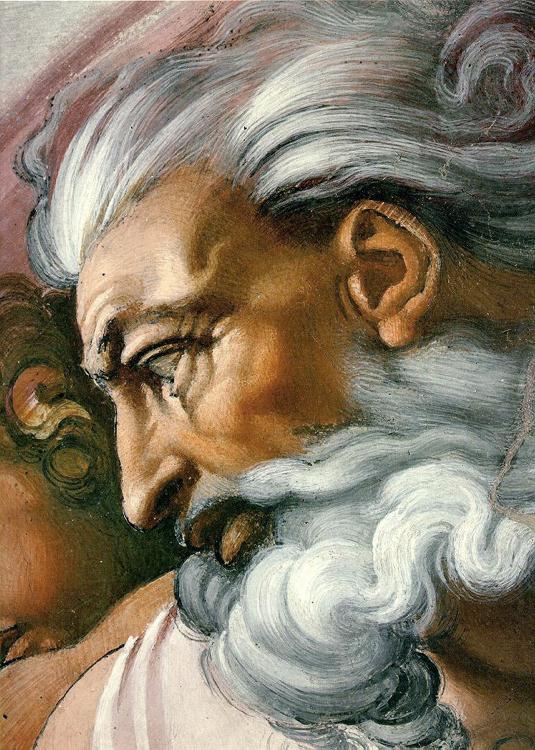
On the Origins of the Abrahamic Faiths – Part 1: Where did God come from?
.
Today more than 60% of the world’s population professes to worship the God of Abraham, including all Christians, Muslims and Jews. But who exactly was Abraham? Where did these religions come from? And how similar are they? Join me for a brief voyage through history to find out!
-
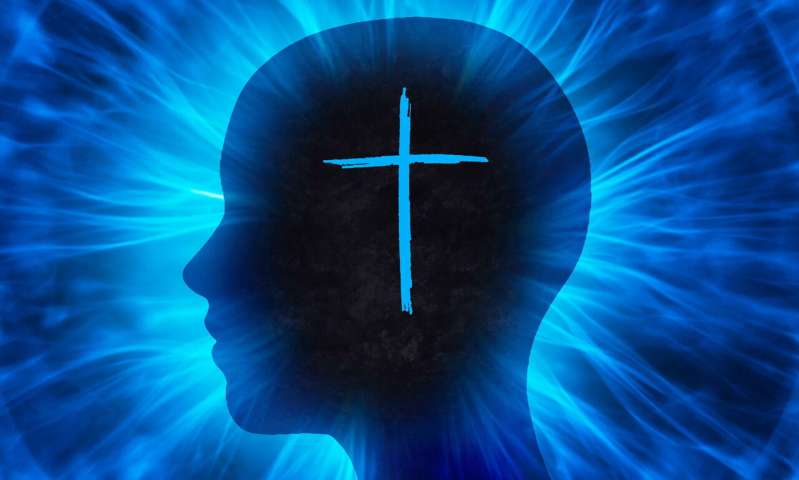
Foi : une exploration des expériences spirituelles au XXIème siècle
.
De nos jours, parler de sa foi n’est plus vraiment à la mode (du moins dans les médias grand-public). A l’occasion de Pâques (fête chrétienne majeure), cet article va explorer les expériences et les pensées d’une sélection de jeun.e.s croyant.e.s habitant à Genève.
-

The Case for Space II: Searching for Extra-Terrestrial Intelligence
.
The universe is vast. So big, in fact, that it defies comprehension – in the search for extra-terrestrial intelligence, that is both a blessing and a curse. Read on to find out why.
-
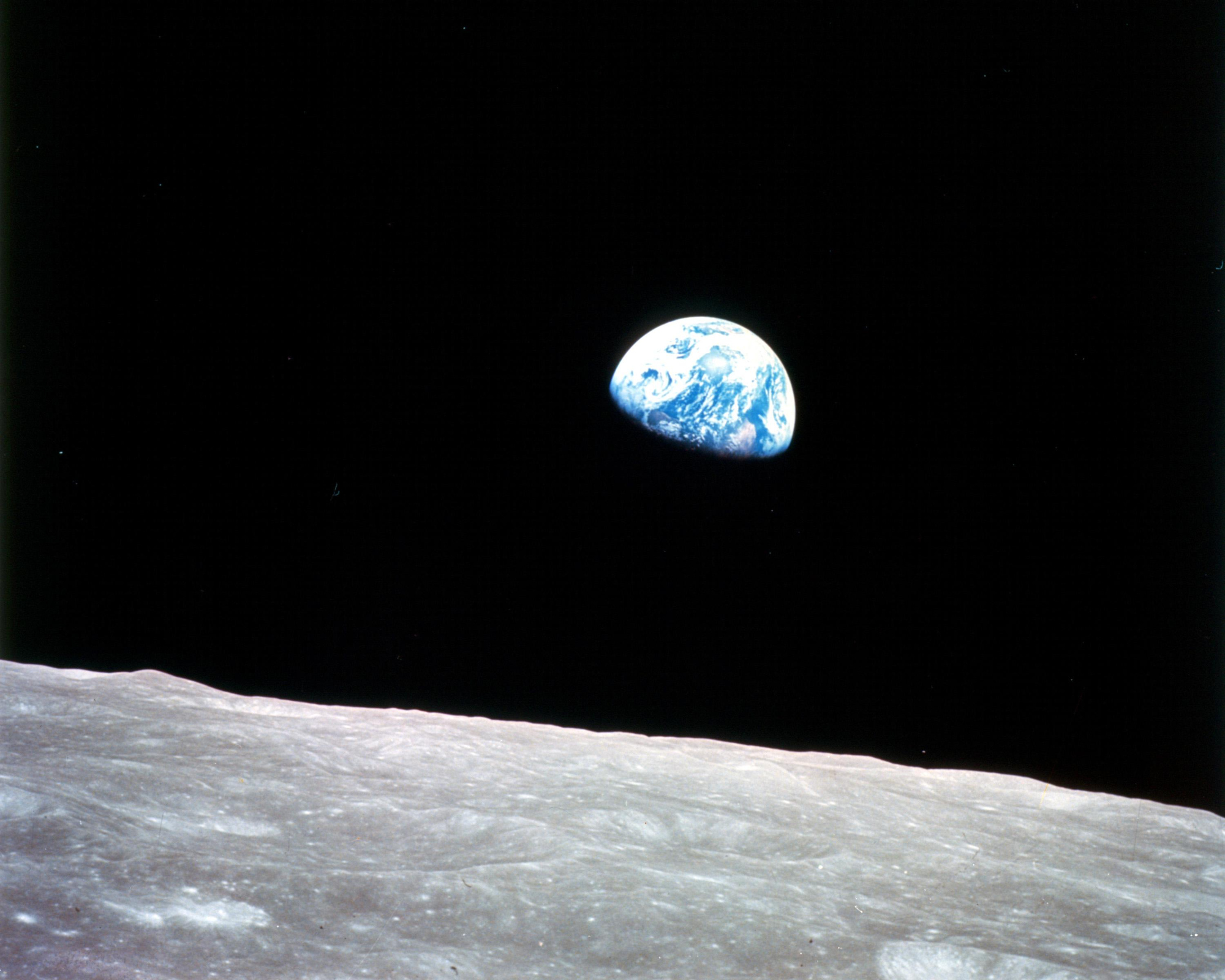
Quel traitement médiatique des enjeux environnementaux? Deux membres de TOPO répondent en interview
.
Kim Maurer et Julius Malin, qui ont occupé les postes de rédacteur.rice.s en chef de TOPO Journal se sont récemment fait interviewer pour un podcast étudiant de l’UNIGE sur les enjeux environnementaux et leur traitement médiatique. Retour sur cet entretien…
-

The Case for Space
.
As we gaze into the night sky, we get a sense of the universe’s size and our fragile place within it. Are we the only ones out there? What if something happened to our beloved Earth? Join me for a light-speed voyage through the science and philosophy behind space colonisation.
-

Climate Change and the International Community: Taking Stock
.
In the final article of the series, we examine global efforts to address climate change. We take a tour through the history of climate negotiations, before presenting the main actors. We assess the claim that Europe is leading the way, investigate the performance of emerging economies and analyse US non-compliance.
-

Ecological Models: The Launch
.
As Switzerland celebrates its 5th annual sustainability week, we are excited to present to you our Ecological Models series. In our first article, we outline the stark environmental challenges currently facing humanity and gently tease the upcoming content.
-

Frozen and Wicked: Oz-motically En-Tangled
.
Wicked is a 2003 musical which reimagines characters from The Wonderful Wizard of Oz while Frozen is an animated retelling of The Snow Queen. Both feature magical misadventures, nailed-on numbers and headstrong heroines, but dig deeper and you’ll discover these spellbinding similarities are just the tip of the iceberg.
-
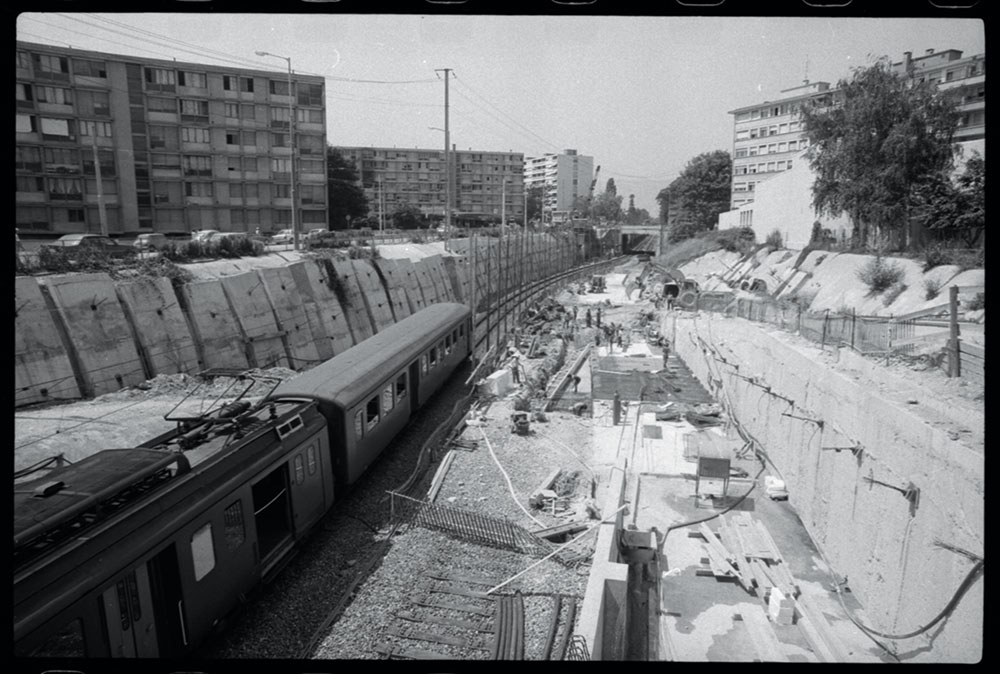
Geneva’s Roller-Coaster Railway: The Story of CEVA
.
On the drawing board since 1850, Geneva’s orbital railway has hit the buffers several times. Derailed by safety qualms in the 19th century and a cash quandary in the 20th, the last few years have seen CEVA weather wild workforce walkouts, labyrinthine legal litigation, and the capricious coronavirus contagion.
-
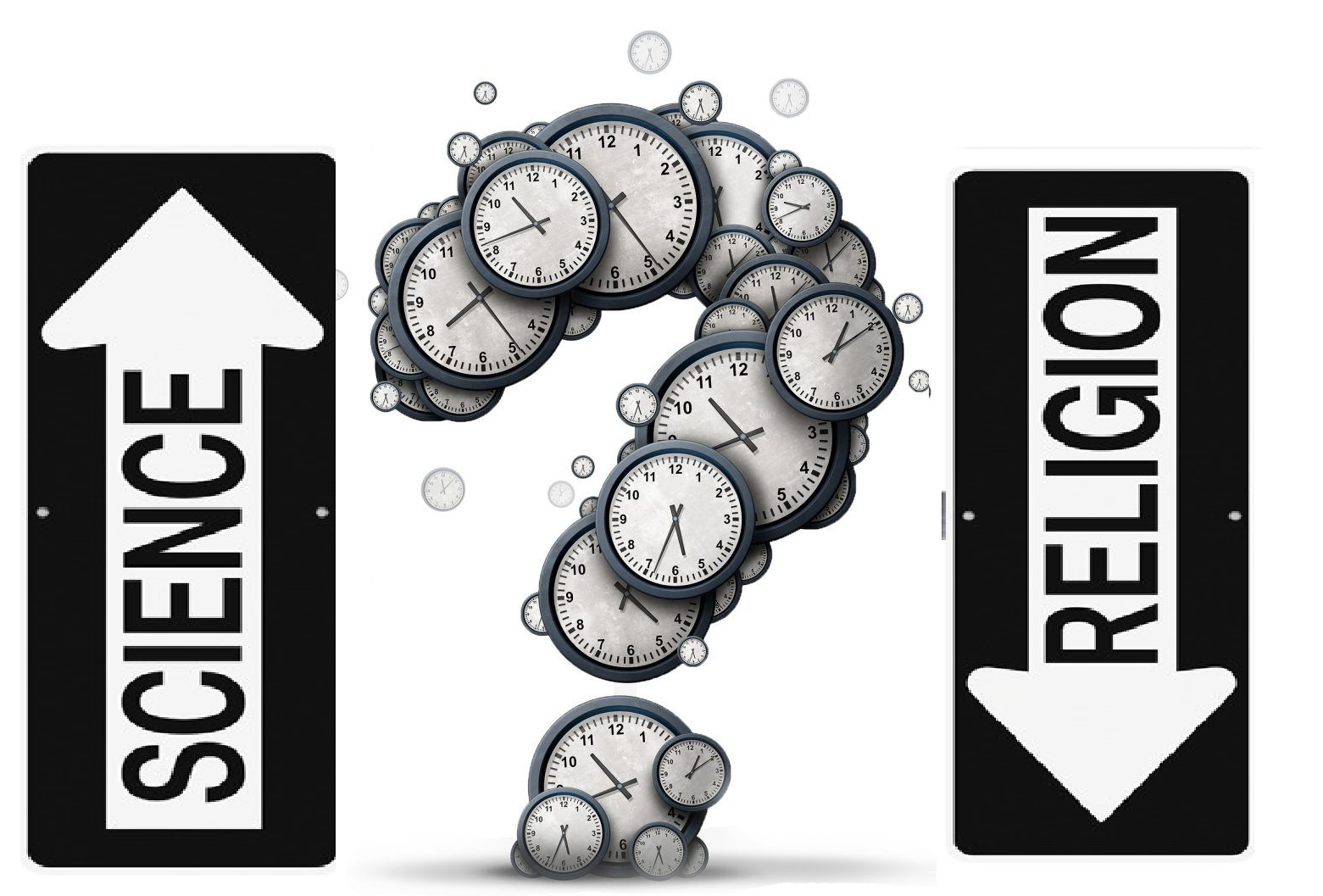
The Battle for the Heart of Time: Science versus Religion
.
It’s the most common noun in the English Language and it’s slipping through your fingers as you read this sentence. With the countdown to a new decade well underway, we take a look at what makes it tick, how it came to be and where it might be headed.
-
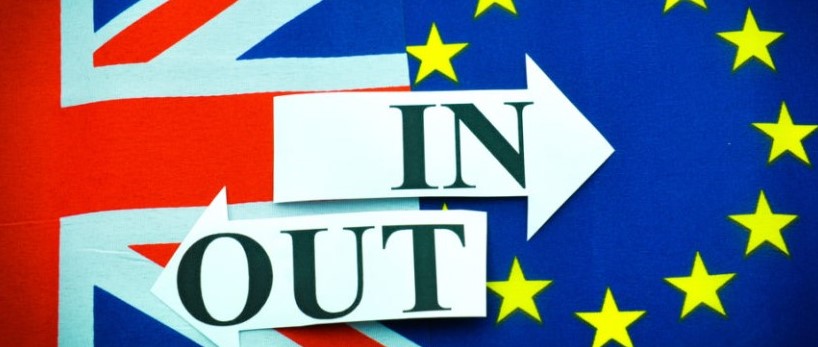
Le Brexit, Boris et les Bâtards: tout ce qu’il faut savoir
.
Le Brexit semble échauffer les esprits politiques plus que tout autre sujet d’actualité. C’est une situation déjà très difficile à appréhender pour les Britanniques et toute explication à un public européen s’est avérée impossible. Du moins jusqu’à maintenant. Continuez à lire pour découvrir les réponses instructives de TOPO à vos questions sur cette crise politique.
-
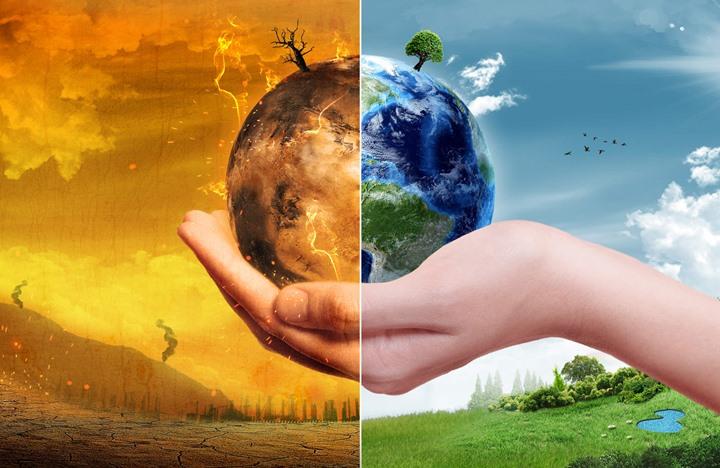
Homo Sapiens and the Environment: The Wider Context
.
On May 21st, a panel of leading scientists voted to define a new geological epoch. The Anthropocene (meaning age of man) reflects the fact that humans now represent the decisive influence on the environment. How did we get to this point so quickly? Can our brief past shed light on where we are heading as…
